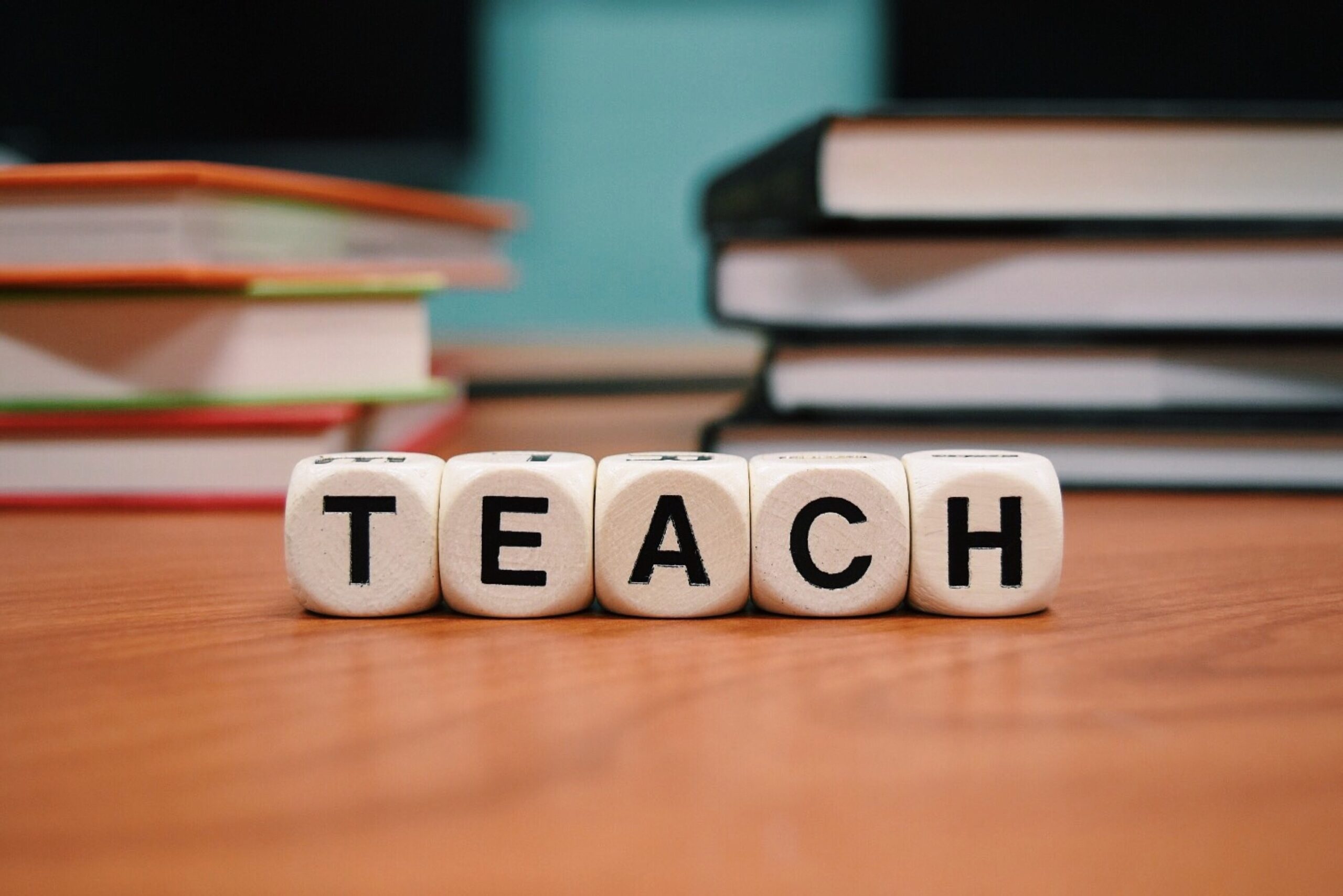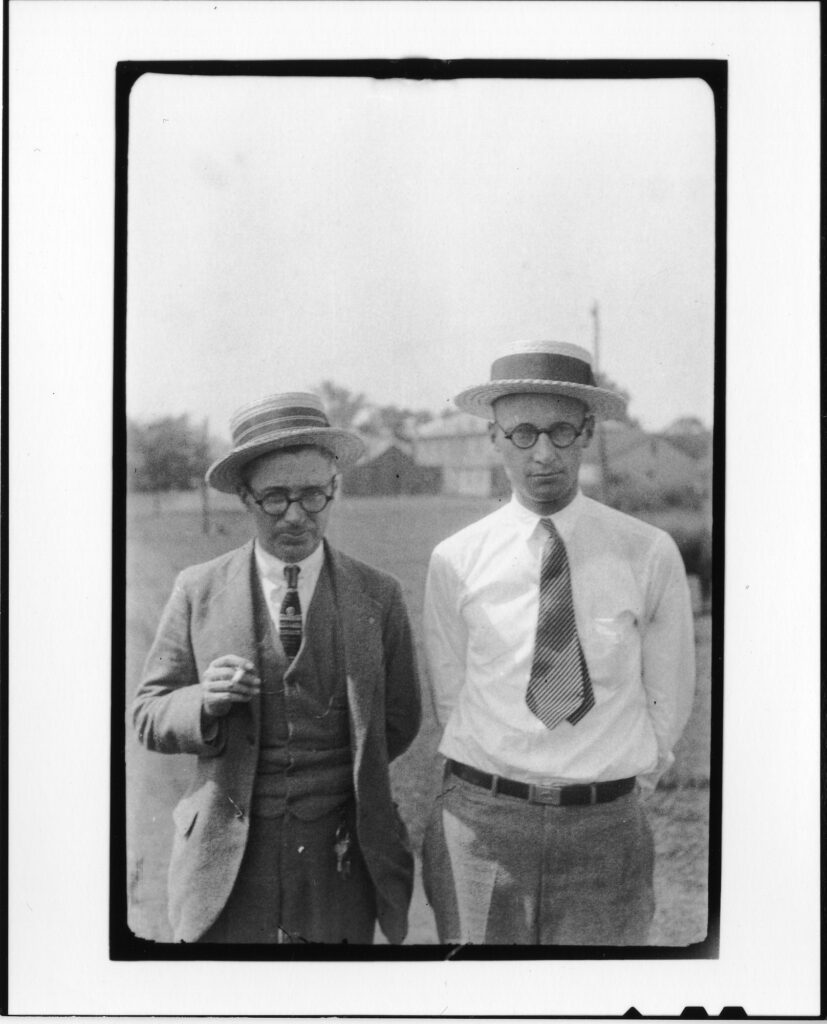This post was written by Ian O’Byrne. You can read more about Ian at the bottom of this post.
In recent years, there has been a growing trend of anti-truth legislation being introduced at the state and local levels. These bills often target discussions of race, gender, and other sensitive topics in public schools. While framed as bans on teaching Critical Race Theory (CRT) or LGBTQ issues, legislation such as this is ultimately a ban on truth and history that impinges on K-12 educators’ First Amendment rights and threatens to upend the structure of education law and policy. As educators, it is important to be aware of these bills and to take steps to advocate for the right of all students to learn about the full and accurate history of our country.
A recent example
This past year, the South Carolina Transparency and Integrity in Education Act (H.3728) sought to prohibit “certain concepts from being included in public school instruction and professional development” and to provide a means for addressing violations. The bill wanted to prohibit the teaching and training on concepts related to race, religion, politics, gender, gender identity, and sexual orientation. Supporters suggested it’s a way to stick to state education standards while opponents say it opens the door to censorship.
It is important to note that this is one of many anti-truth pieces of legislation that we’re seeing across the country.
This legislation is organized and funded by groups like the Heritage Foundation as they provide templates to allow lawmakers and copy/paste into bills. Review the CRT legislation tracker from the Heritage Foundation here.
Anti-Truth Legislation and the First Amendment
Anti-truth legislation refers to laws that restrict or prohibit the teaching of certain historical or factual information, which can be seen as a violation of the First Amendment rights of K-12 educators and students.
The First Amendment to the United States Constitution protects the freedom of speech, religion, press, assembly, and petition. In the context of this post, the First Amendment applies to the constitutional protections afforded to K-12 teacher speech and the potential violations of those protections by anti-truth laws. Anti-Truth laws impinge on K-12 educators’ First Amendment rights by restricting or prohibiting the teaching of certain historical or factual information, which can be seen as a violation of the freedom of speech.
I understand that legislation such as this serves as a chilling effect on educators and students. Not many educators at this point are challenging these laws on First Amendment grounds. This may be due to teachers not wanting to test these boundaries, due process, or established legal precedents.
In the tumultuous landscape of modern education, book bans, stifling class discussions, and curtailed written work have emerged as alarming consequences of anti-truth legislation. As educators grapple with navigating these challenging times, the very essence of intellectual freedom is put to the test. Book bans, often driven by ideological agendas, limit students’ access to diverse perspectives and critical thinking, hindering their ability to develop a well-rounded understanding of complex issues.
Likewise, stifling class discussions on controversial topics suppresses the exchange of ideas, hindering the development of open-mindedness and empathy. Concurrently, stringent restrictions on written work can restrict students’ creativity and force self-censorship, stifling their growth as independent thinkers. In the face of anti-truth legislation, educators and advocates must unite to safeguard the fundamental pillars of education, fostering an inclusive, truth-seeking environment that empowers students to become informed, engaged citizens ready to navigate a complex world.
What can you do?
One of the most important things that educators can do is to stay informed about anti-truth legislation in their state and local area. There are a number of organizations that track this legislation and provide resources for educators, such as the Education Law Center and the American Civil Liberties Union. This spreadsheet from PEN America helps keeps track of these bills. Once you are aware of the bills that have been introduced, you can take steps to educate your community about the importance of these issues.
Another important step is to interact with policymakers, school boards, and parents. This can be done by writing letters, attending public meetings, and speaking out at school board meetings. It is important to be respectful and to present your arguments in a clear and concise way. You can also encourage your students to get involved in advocacy efforts.
It is important to remember that the First Amendment protects the right to free speech. This means that schools cannot censor discussions of race, gender, or other sensitive topics simply because some people find them uncomfortable. If you believe that your school is violating your First Amendment rights, you should contact the American Civil Liberties Union, The ProTruthSC Coalition, SC United for Justice and Equality, or another organization that can provide legal assistance.
This protection extends not only to educators but also students in schools. Students could challenge these broader laws by arguing they have a First Amendment right to take in lessons and information from schools.
Advocacy and activism can be challenging, but it is essential to protect the right of all students to learn about the full and accurate history of our country. By staying informed, interacting with policymakers, and educating your community, you can make a difference in the fight against anti-truth legislation.

Ian O’Byrne is an associate professor of literacy education at the College of Charleston in South Carolina. His research focuses on the dispositions and literacy practices of individuals as they read, write, and communicate in online and/or hybrid spaces. His work can be found on his website (https://wiobyrne.com/) or in his weekly newsletter (https://digitallyliterate.net/).





